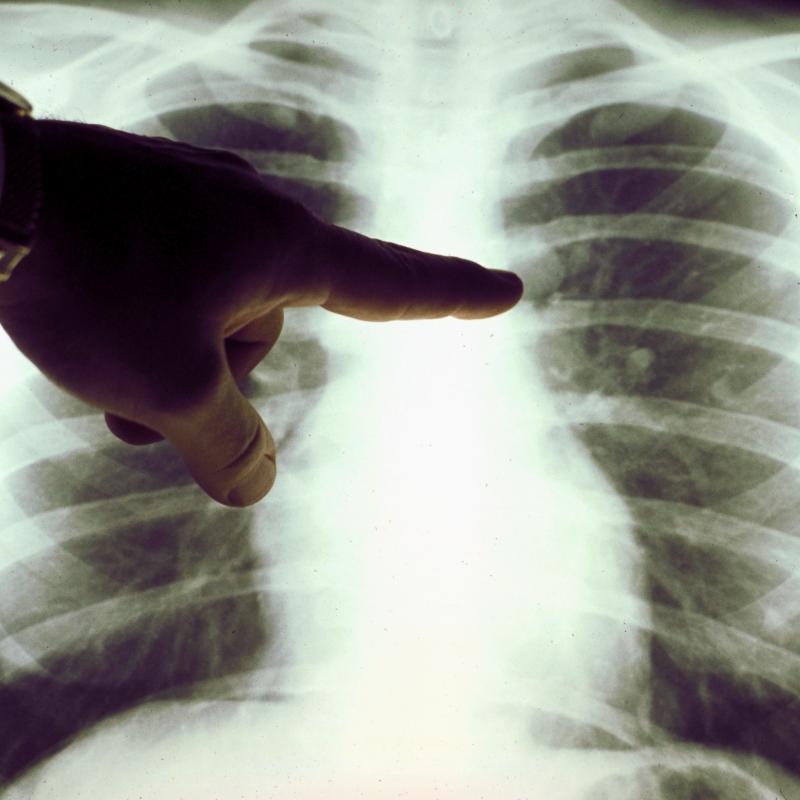
Health & Medicine
Select Topics
Select Air Date
Select Segment Types
All Subtopics
- Aging
- Alcoholism & Drug Addiction
- Alternative Medicine
- Anxiety
- Assisted Suicide
- Autism & Asperger's Syndrome
- Blindness
- Cancer
- COVID-19 and Coronaviruses
- Deafness
- Death & Dying
- Depression
- Disabilities
- Drugs
- Dwarfism
- Dyslexia
- Epidemics
- Ethics
- Gender & Identity
- Grief
- HIV/AIDS
- LSD
